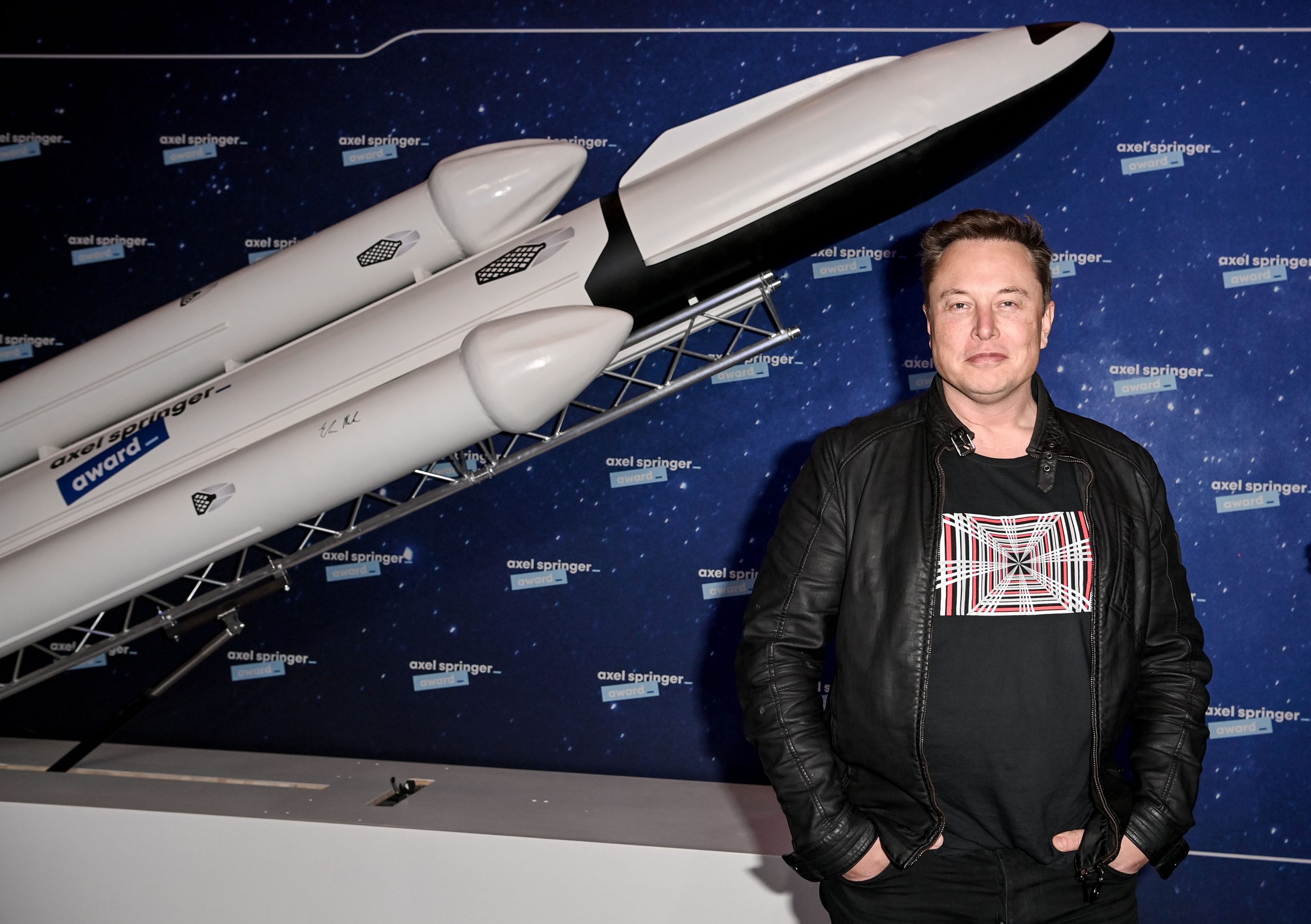Saint-Senier-de-Beuvron, a small village in northern France, has made up their mind to stay away from Elon Musk’s ambitious plan of installing antennas to get satellite-powered internet around the world. The tiny village, which has a population of 350, uses wifi and has basic connections. However, the villagers have no interest in being a ground station for Musk’s Starlink project for broadband from space.
Also Read: Elon Musk supports those wanting to sell meme-based cryptocurrency dogecoin, read why
Noemie Brault, village’s 34-year-old deputy mayor, said, “This project is totally new. We don’t have any idea of the impact of these signals. As a precaution, the municipal council said no.”
The space-age internet project aims to launch multiple satellites in order to provide fast internet for remote areas anywhere in the world. Antennas dishes on the ground will capture the signals and provide them to individual users connected by cable.
Starlink’s contractor had already secured French regulatory approval to install nine “radomes” — three-metre-tall (10-feet) globes protecting the antennas — in Saint-Senier, one of four sites planned for France
Also Read: ‘I’m an alien’, says Elon Musk on managing multiple things
Putting up their defences, Saint-Senier issued a decree to block construction on the field, reported AFP. The blockade was based upon a technicality. The contractor, Sipartech plans to refile its request with hopes of not being blocked by the council.
Brault, a farmer from the village said, “That worries us because we have no data on the effects of the signal on the health of animals and humans in the long run.”
Referring to Musk’s Neuralink project, she said, “And when you hear that he wants to implant a chip in people’s brains, it’s frightening.”
Francois Dufour, a retired farmer and member of the Greens council simply, asks “why we need to go to the moon for the internet. Social networks, internet, they exist already — why do we need to go look for internet on the moon? The risks from electromagnetic waves are something we’ve already seen with high-voltage power lines, which have disturbed lots of farmers in the area,” he said.
As per France’s national radio frequency agency, ANFR, there are no risks posed by the antennas to the residents. ANFR has approved Starlink’s stations. They say the risks are extremely low because they will be going up straight up into the sky, and there already exists 100 such similar satellites all across France.
Jean-Marc Belloir, 57, however is worried his cows may start producing lesser milk. Belloir said, “On our farm, we’re always online. My cows are linked up; my smartwatch warns me when they’re going to calve.But when you see the range of these antennas, there has to be some research (on the potential impacts)”
Anne-Marie Falguieres seems to lobby against the space internet through cost-benefit analysis. She says, “In the testing phase, they made you pay $500 for the dish and then you had to pay $100 a month for a subscription, I don’t think everyone’s going to be able to pay that.”
Further elucidating, she makes it clear that she and her family are not against technology. They just don’t see the point behind this new development.
“We’re not attacking Elon Musk. We’re not technophobes. I’m a guide on the bay, I have an internet site, my husband works from home. But these antennas are completely new, at least in France, and we want to know if they’re dangerous or not,” she said.







